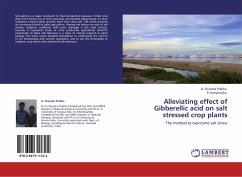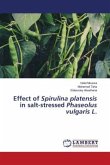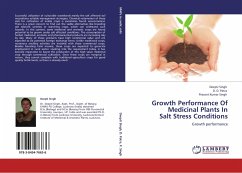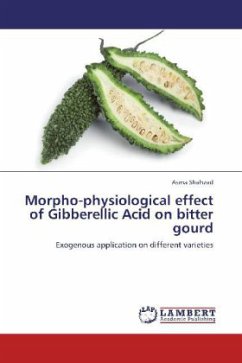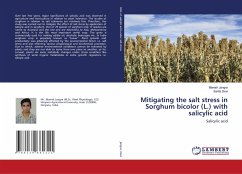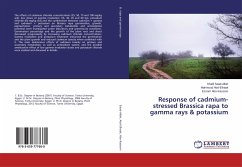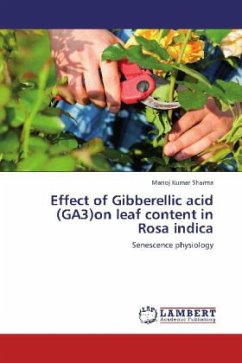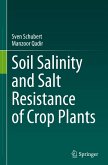Soil salinity is a major constraint to food production because it limits crop yield and restricts use of land previously uncultivated.Ubiquitously, no toxic substance restricts plant growth more than does salt. Salt stress presents an increasing threat to plant agriculture. Among the various sources of soil salinity, irrigation combined with poor drainage is the most serious, because it represents losses of once productive agricultural land.The mechanism of plant salt tolerance is a topic of intense research in plant biology. The book covers detailed information to understand the control of ion homeostasis and osmotic regulation, and to use the knowledge to engineer crop plants with enhanced salt tolerance.

